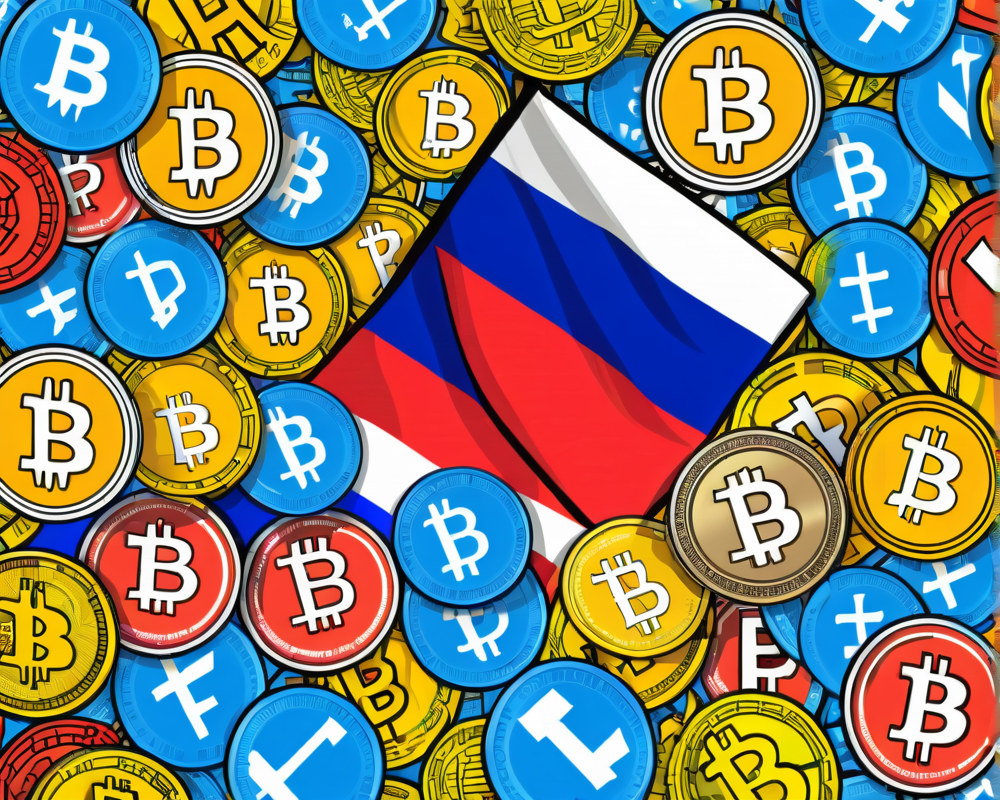Russia’s Commitment to Cryptocurrency Regulation
In response to recent guidelines from the Financial Action Task Force (FATF), Russian regulators are stepping up their game in the world of cryptocurrency. Pavel Livadny, the vice president of the Federal Financial Monitoring Service (Rosfinmonitoring), has voiced strong support for adopting FATF recommendations. He revealed plans to monitor and regulate transactions over 600,000 rubles (about $9,120), ensuring both compliance and security in the virtual asset realm.
Understanding FATF’s Influence
The FATF has been a significant player in the global financial landscape since its inception in 1989. The organization’s primary mission? To develop standards designed to combat money laundering and tackle the financial underbelly of illicit activities. With these recent updates, it’s clear that cryptocurrency, with its decentralized nature, is now firmly in the crosshairs of international regulatory bodies.
The New Guidelines on Cryptocurrency
- AML and CFT Regulations: Service providers in the crypto space must now comply with anti-money laundering (AML) and counter-terrorism financing (CFT) regulations.
- Due Diligence Monitoring: These businesses will be subject to rigorous monitoring for due diligence compliance, ensuring they aren’t inadvertently facilitating criminal activity.
- Registration Requirements: Virtual asset service providers will need to register and maintain compliance records to streamline oversight.
The Current State of Cryptocurrency in Russia
As it stands, Russia finds itself in a bit of a paradox regarding cryptocurrency. The regulatory environment remains somewhat murky, with no concrete laws governing crypto activities currently in place. A draft bill designed to tidy up the existing gray areas is still making its way through the legislative process, leaving many questions about tax obligations and legal rights of crypto holders hanging in the air.
The Road Ahead: What’s Next for Crypto Regulation?
According to Livadny, changes in Russian law concerning cryptocurrency monitoring are right around the corner. This initiative indicates a significant shift towards an era where cryptocurrencies may soon be subjected to the same scrutiny and regulatory frameworks as traditional financial systems.
As these changes roll out, Russian citizens engaging in crypto transactions should brace themselves for tighter controls and potential new tax implications. With authorities eager to bring compliance to the forefront, the landscape of digital currencies in Russia is bound to transform.




